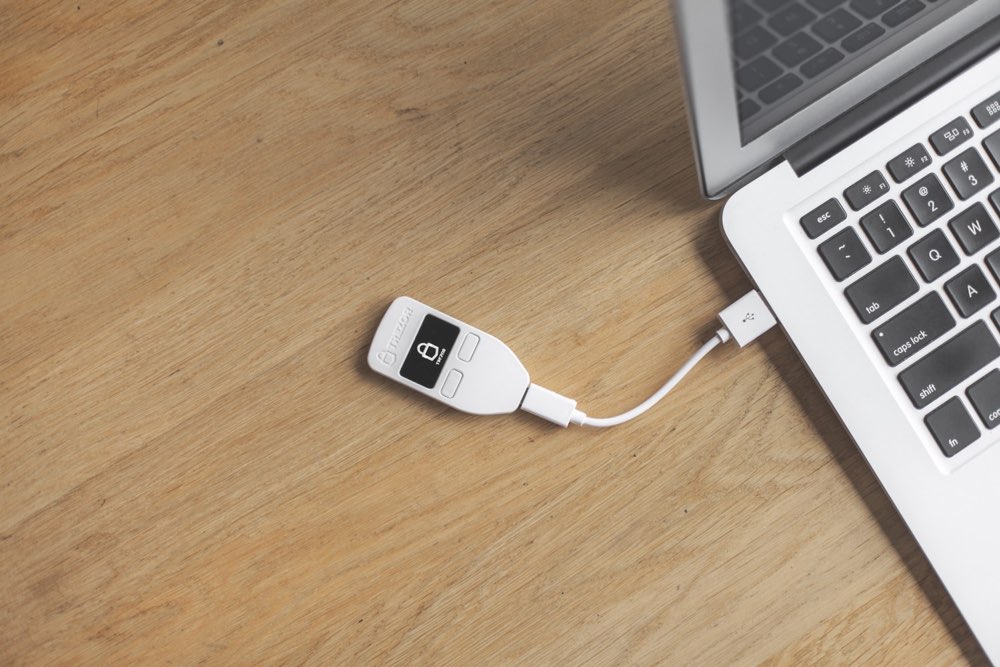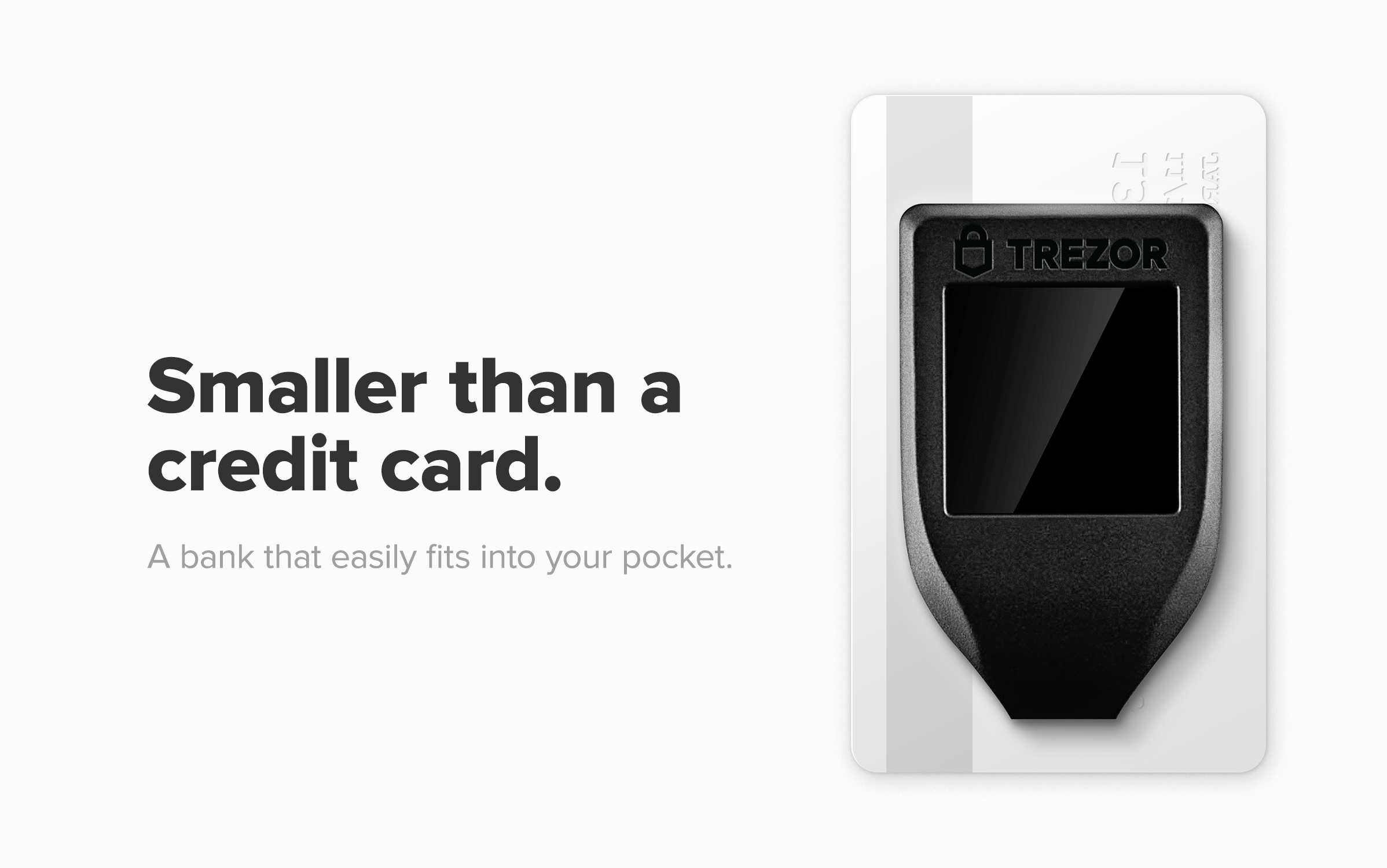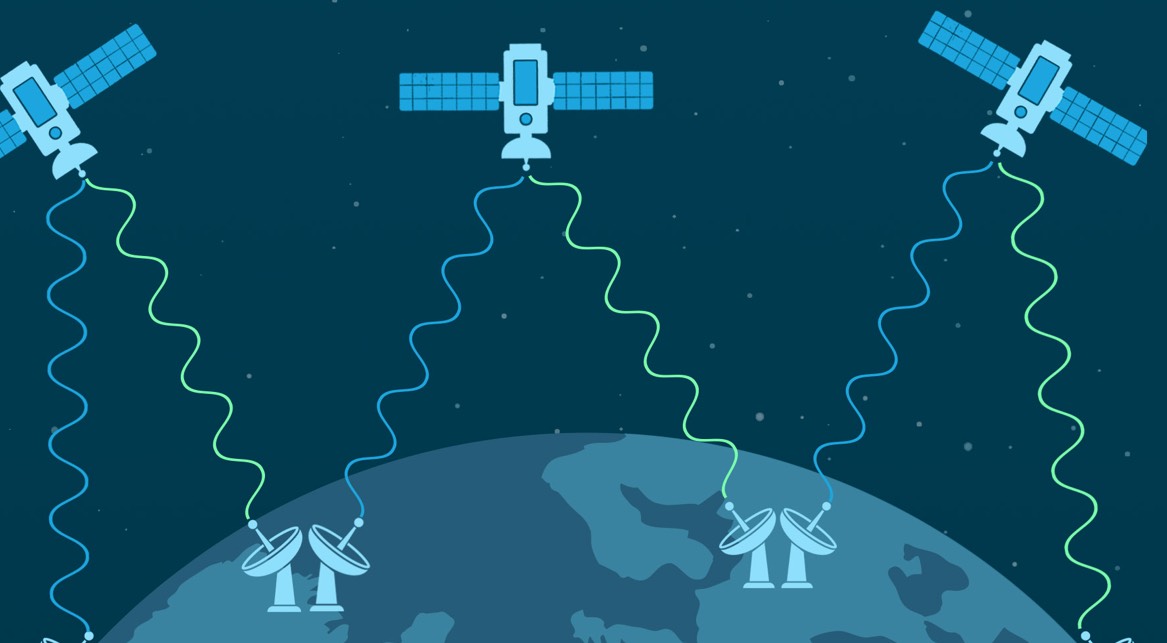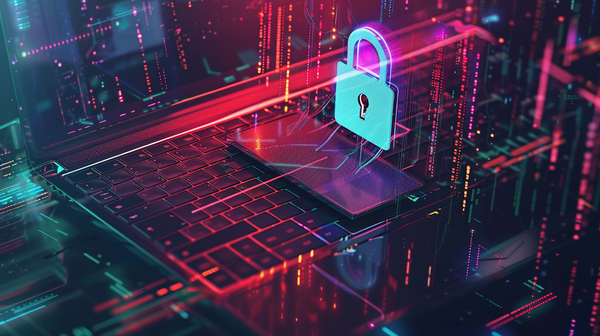3 Essential Bitcoin Tools Every Bitcoiner Needs to Survive a War

We're seeing more threats of violence and war-talk from the world "leaders" day by day.
Be it the US - Russia proxy wars in the Middle East, Trump flexing muscles at North Korea or China threatening and provoking Taiwan and other South China sea countries.
It seems like some larger-scale conflict may unleash at any time and we better be prepared.
Protecting one's life is more important than protecting wealth but it's likely harder to survive a warwith no money thus very little power.
Those that have access to scarce resources may control the outcome of their own survival.
Gold has always been considered a safe haven for its value-storing properties and durability. However, with the rise of Bitcoin, gold is quickly losing this position.
Not only has Bitcoin better value-storing properties, hodling it over a longer period of time will likely even make you filthy rich.
Since the beginning of 2013, Bitcoin gained more than 60 000% in value and keeps rising. Gold, on the other hand, has been stagnating for years.
This fact may make Bitcoin the primary choice of securing and transacting wealth in difficult times such as war. It already is a preferred choice by many during an economic collapse.
In this article, I'll talk about a scenario where a war breaks out and your wealth (and life) is in danger. I'll assume you aren't a millionaire that can afford to hide in a private secured underground community, yet you have some wealth that could potentially help you survive.
P.S. I've never experienced war and my idea might differ from the reality.
#1 Bitcoin Trezor
Gold is very durable - no questions about it. However, storing gold is very resource intensive and may not be possible in the event of a war.
When it comes to bitcoin's durability, it always depends on each hodler.
Your coins can be as durable as one's physical vault hidden at a secret location or as weak as a piece of paper freely left on your desk.
Bitcoin Trezor offers a great compromise between durability and storage requirements.
It's a small hardware device that securely stores private keys that are very difficult - if at all - to retrieve without the knowledge of a PIN and a passphrase.

It is also very easy to restore from a backup when the device is stolen/lost/destroyed, given the backup is safely stored somewhere (it's best to just remember the mnemonic seed).
Bitcoin Trezor also amplifies other important Bitcoin property - portability.
Imagine you'll have to run for a shelter or escape the country immediately. Not only is gold heavy and difficult to carry around, it also attracts attention.
Most people on the planet know what gold looks like and are able to approximate its value based on the size.
Trezor, on the other hand, is a small discreet USB like device that can fit into a pocket and even if stolen no one is able to figure out and steal the (technically unlimited) value it stores.
Gold is an obvious loser in this field.

Trezor Model T
Protect your bitcoin and other assets against theft with a bank that easily fits into your pocket.
#2 OpenDime
Escaping to safety during war times will cost money.
However, paying with Trezor to get you to places is not a great idea since you may accidentally disclose the value of your whole bitcoin stash.
That's where OpenDime steps in.
It's a tiny and cheap USB device which you can load with any amount of bitcoins and use it as a tradeable cash or commodity.
The private key is hidden and coins are only spendable when the device is physically and visibly altered.
With Opendime, Bitcoin is even more portable and divisible, since you can have 100 sticks each worth a few dollars if you choose so and hand them over as you're in need of purchasing goods and services.
When dealing with gold this isn't that straightforward since cutting it in small pieces requires a special knowledge and tools. Physically altering the shape and size of your gold coins or bars also lowers their value.
#3 Blockstream Satellite
But what if governments take down the Internet? How will you validate that a particular Opendime stick has any value?
It's been a valid concern since the day one and my common answer always was a wireless mesh network.
I always imagined we would create a truly decentralized Internet with stationary routers and mobile devices such as phones, tablets, and laptops. We still might do so.
However, it seems like a Bitcoin company Blockstream came up with a different approach and more widely accessible solution - Blockstream Satellite.
It's a satellite network that broadcasts the Bitcoin blockchain and its transactions from the space anywhere in the world.

All you need to connect to the network is a satellite dish and a cheap USB receiver (and of course a computer/phone and cables).
Now, when we're talking about a war time where you're constantly on the run or hiding in a shelter, having a satellite dish of at least 45cm readily available may not be that feasible.
It's safe to assume that a service provider and/or vendor will want to verify received transactions, though. In such case, he/she will be economically incentivized to run his own full node and synchronize it via this satellite tech instead.
The worst case scenario, you'd carry it with you and use it as a shield when needed :)
Now I'm not saying these 3 technologies will guarantee your survival, but it might boost your chances in times when scarce resources are everything.
What do you think about this Bitcoin survival kit? Do you know better tools or do you think nobody is going to use Bitcoin during a war? Leave a comment below.




